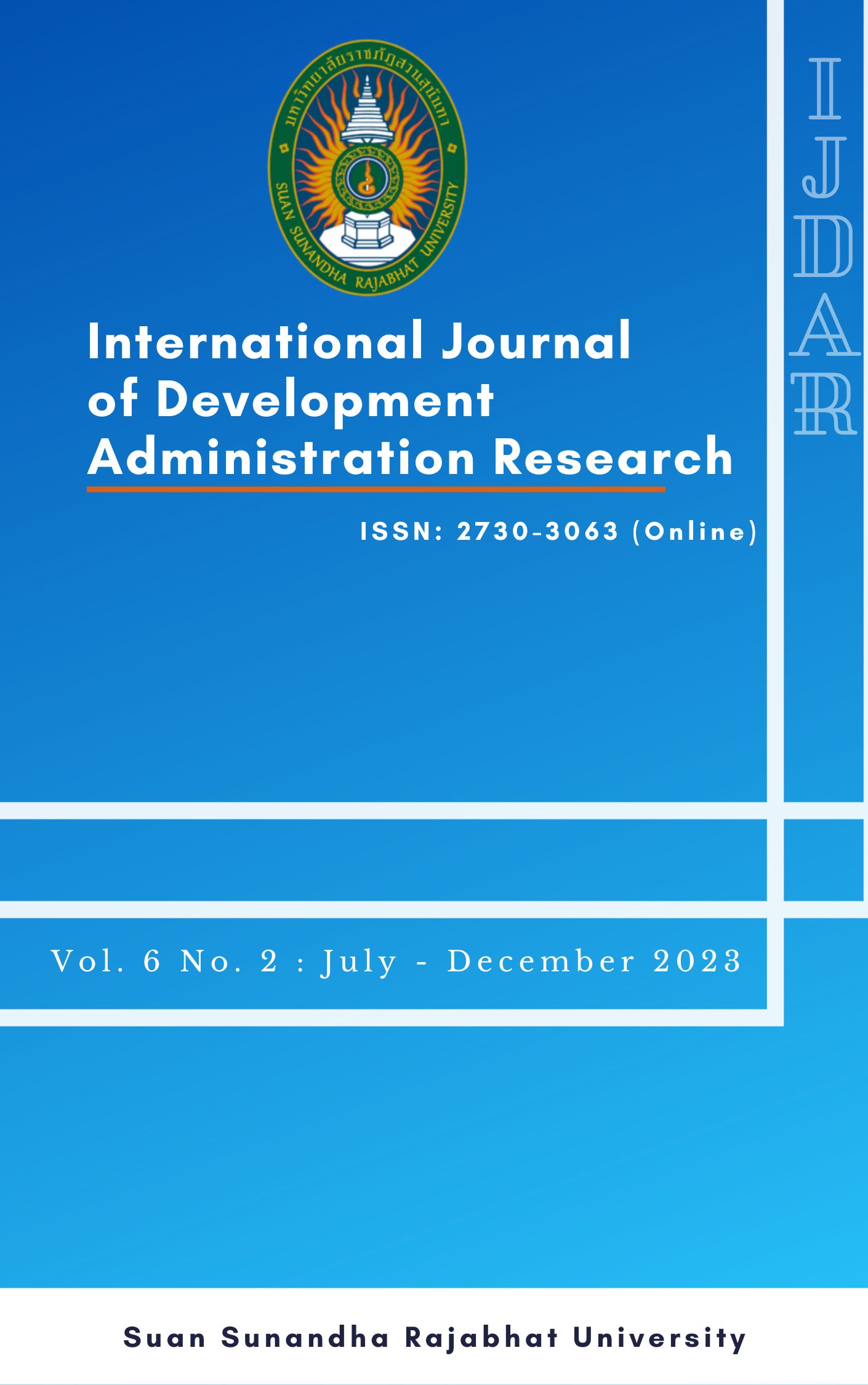A Study on the Application of Music-assisted Intervention Method in College Students' Mental Health Education
Main Article Content
Abstract
This study used an experimental method to compare the effects of traditional counselling and music intervention methods on college students with low resilience to frustration using 40 on-campus college students from Guangdong Institute of Technology, China. The expected results of the study show that the music intervention method can significantly enhance college students' resilience to frustration and reduce the incidence of anxiety and depression.
The results of this study not only lay a solid theoretical foundation for college students' mental health education, but also provide valuable lessons and insights for college counselling units to carry out college students' counselling practice in the future. With the theoretical support, the counselling practice will be more fruitful and help to improve the psychological quality and resistance of college students
Article Details
License Terms
All articles published in this journal are licensed under the Creative Commons Attribution–NonCommercial–NoDerivatives 4.0 International License (CC BY-NC-ND 4.0).
Under this license, users are permitted to:
- Share — copy and redistribute the material in any medium or format.
Under the following conditions:
- Attribution (BY)
Users must give appropriate credit to the author(s) and the journal, provide a link to the license, and indicate if any changes were made. Attribution must not suggest endorsement by the author(s) or the journal.
- NonCommercial (NC)
The material may not be used for commercial purposes. Any use primarily intended for or directed toward commercial advantage or monetary compensation is prohibited without prior written permission from the copyright holder.
- NoDerivatives (ND)
If users remix, transform, translate, adapt, or build upon the material, they may not distribute the modified material. The work must be shared in its original and unaltered form.
This license ensures that published works remain freely accessible to the academic community and the public, while protecting the integrity of the original research and the rights of the author(s).
For the full legal code of this license, please visit:
https://creativecommons.org/licenses/by-nc-nd/4.0/
References
De la Rubia Orti, J. E. et al. (2018). Does Music Therapy Improve Anxiety and Depression in Alzheimer's Patients? Journal of Alternative and Complementary Medicine, 24(1), 33-36.
Kamioka, H. et al. (2014). Effectiveness of music therapy: A summary of systematic reviews based on randomized controlled trials of music interventions. Patient Preference and Adherence, 2014.
Shahrzad, S. B., & Amirhooshang, M. (2015). Music therapy as an adjunct to standard treatment for obsessive-compulsive disorder and comorbid anxiety and depression: A randomized clinical trial. Journal of Affective Disorders, 184.
Bernardo, C. et al. (2015). AIR: Advances in Respiration – Music therapy in the treatment of chronic pulmonary disease. Respiratory Medicine, 109(12), 1532-1539.
Bradt, J., Dileo, C., & Magill, L. (2016). Music interventions for improving psychological and physical outcomes in cancer patients. Cochrane Database of Systematic Reviews, (8), CD006911.
Magee, W. L., Clark, I., & Tamplin, J. (2017). Music therapy with individuals who have experienced trauma: A review of the literature and recommendations for clinical practice. Frontiers in Psychology, 8, 893.
Chanda, M. L., & Levitin, D. J. (2013). The neurochemistry of music. Trends in Cognitive Sciences, 17(4), 179-193.
Bittman, B., & Bruce, H. J. R. (2019). Music and stress. Journal of Mind and Medical Sciences, 13(2), 148-162.
Blood, A. J., & Zatorre, R. J. (2001). Intensely pleasurable responses to music correlate with activity in brain regions implicated in reward and emotion. Proceedings of the National Academy of Sciences, 98(20), 11818-11823.
Fancourt, D., & Finn, S. (2019). What is the evidence on the role of the arts in improving health and well-being? A scoping review. WHO Regional Office for Europe.
Miranda D., Claes M., & Raes F. (2016). Music listening and mental health: Variations on internalizing psychopathology symptoms across gender and age? Journal of Clinical Psychology in Medical Settings, 23(4), 355-364.
Wang Juanjuan, Wang Xiang, et al. (2014). Revision of the Chinese version of the Frustration Tolerance Scale (FDS). Theory of Learning, (02), 56-57.
Salimpoor, V. N., Benovoy, M., Larcher, K., Dagher, A., & Zatorre, R. J. (2011). Anatomically distinct dopamine release during anticipation and experience of peak emotion to music. Nature Neuroscience, 14(2), 257-262.
Koelsch, S., Fritz, T., von Cramon, D. Y., Müller, K., & Friederici, A. D. (2006). Investigating emotion with music: An fMRI study. Human Brain Mapping, 27(3), 239-250.
Panksepp, J. (2005). The emotional sources of "chills" induced by music. Music Perception, 13(2), 171-207.
Schäfer, T., & Sedlmeier, P. (2010). Effects of listening to preferred versus non-preferred music on stress response. International Journal of Psychophysiology, 76(3), 207-214.


